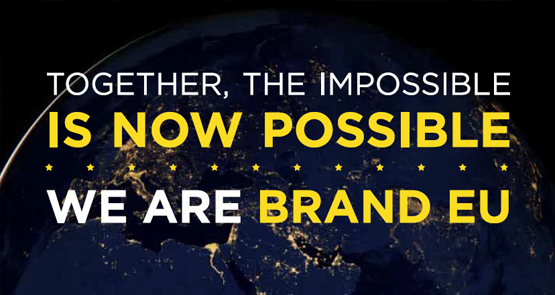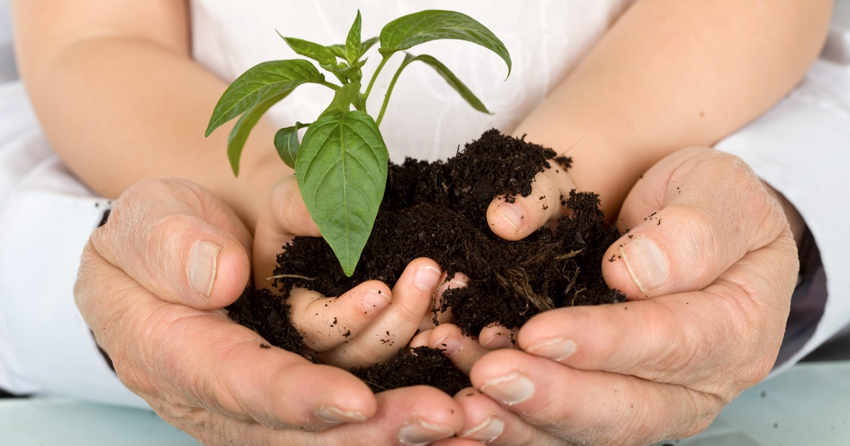Nature and Sustainability |
EU Tackling Climate Change and Waste
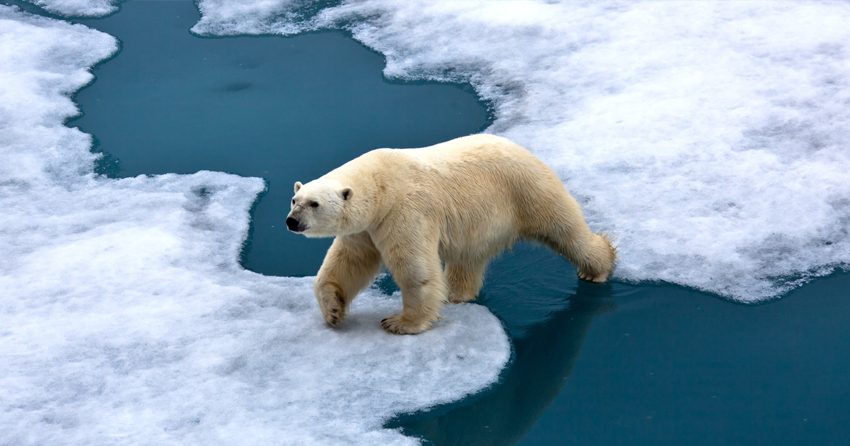
EU Tackling Climate Change and Waste
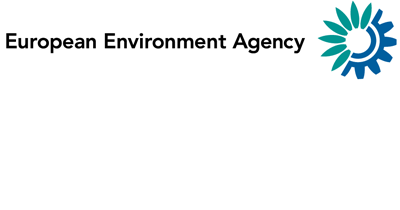
European Environment Agency (EEA)
The European Environment Agency (EEA) is an agency of the European Union. Its task is to provide sound, independent information on the environment. The EEA is a major information source for those involved in developing, adopting, implementing and evaluating environmental policy, and also the general public. Currently, the EEA has 33 member countries.
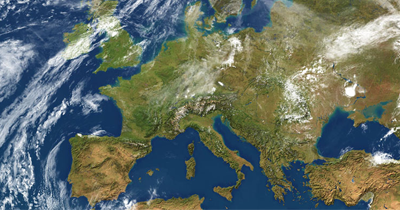
EIONET – European Environment Information Network
Eionet is a partnership network of the European Environment Agency (EEA) and its member and cooperating countries involving approximately 1000 experts and more than 350 national institutions. The network supports the collection and organisation of data and the development and dissemination of information concerning Europe’s environment.

EU Waste Management
The generation of waste is increasing within the European Union. It has therefore become of prime importance to specify basic notions such as recovery and disposal, so as to better organise waste management activities. With a view to breaking the link between growth and waste generation, the European Union (EU) has provided itself with a legal framework aimed at the whole waste cycle from generation to disposal, placing the emphasis on recovery and recycling.

